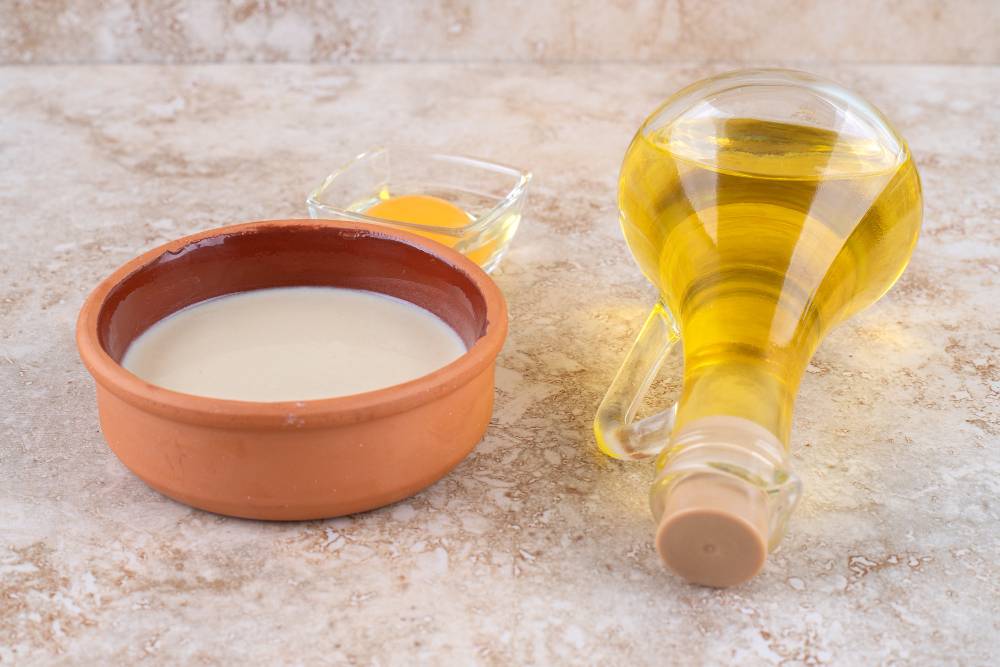
Nourishing Debate: Ghee vs Seed Oils – Unveiling the Culinary Conundrum
In the realm of cooking oils, the choice between traditional ghee and modern seed oils sparks a culinary debate that extends beyond flavour preferences. Both options have distinct characteristics, nutritional profiles, and culinary applications, leaving consumers to ponder which one deserves a prime spot in their kitchens.
- Ghee: The Golden Elixir
- Ghee, a form of clarified butter with its roots in ancient Ayurveda, has long been revered for its rich flavour and potential health benefits. It is made by simmering butter to remove water content, leaving behind a golden, fragrant substance. Ghee is celebrated for its high smoke point, making it suitable for high-temperature cooking. Rich in fat-soluble vitamins like A, E, and D, ghee adds a distinctive richness to dishes while offering potential digestive and anti-inflammatory benefits.
- Seed Oils: The Modern Contenders
- Seed oils, such as canola, soybean, and sunflower oil, have become staples in modern kitchens due to their neutral flavors and perceived health benefits. Extracted from the seeds of various plants, these oils are often touted for their unsaturated fats and omega-3 fatty acids. With relatively high smoke points, they are versatile for both cooking and dressings. However, concerns arise over their refining processes and potential oxidation when exposed to high heat.
- The Culinary Conundrum: Making the Right Choice
- The choice between ghee and seed oils boils down to culinary preferences, nutritional considerations, and cooking methods. Ghee, with its rich, nutty flavor, is ideal for enhancing the taste of sautéed vegetables, grains, and Indian cuisines. On the other hand, seed oils, with their mild taste, work well for baking, frying, and in dishes where a neutral flavor is desired.
When considering health aspects, ghee provides essential fat-soluble vitamins, while seed oils offer a mix of unsaturated fats. However, the refining processes of some seed oils raise concerns about potential nutrient loss and the formation of harmful compounds.
In conclusion, the ghee vs seed oils debate is nuanced, influenced by individual dietary needs and culinary preferences. Exploring the unique benefits of each and understanding their respective roles in cooking allows individuals to make informed choices, ensuring that their culinary endeavors are both delightful and health-conscious.
